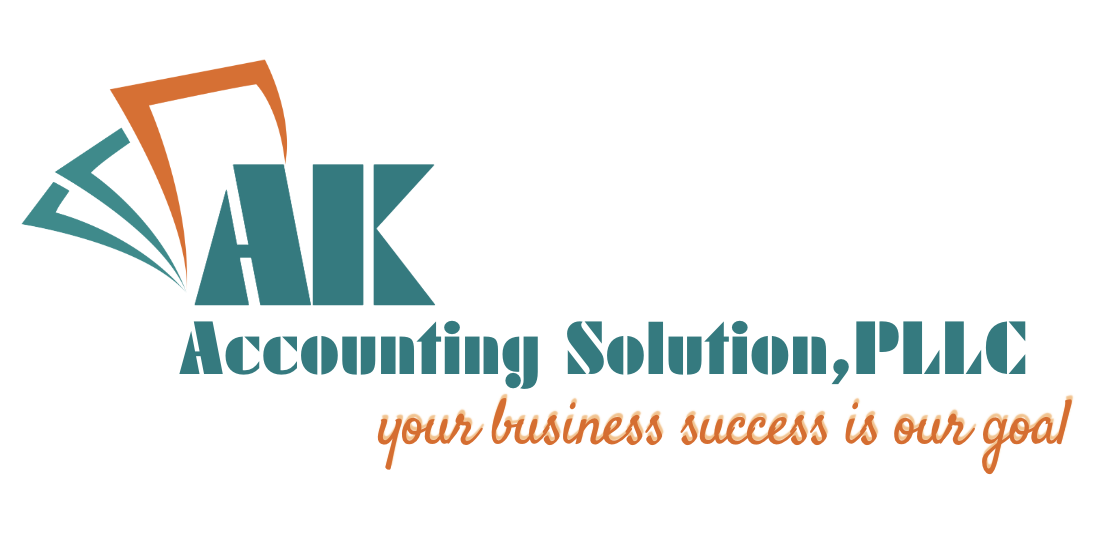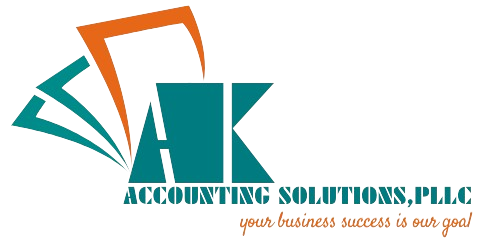The IRS set out rules and definitions for the transfer of various clean energy tax credits in final regulations (T.D. 9993) issued Thursday under Sec. 6418. The final regulations include specific rules for partnerships and S corporations as eligible taxpayers and transferee taxpayers.
The Inflation Reduction Act of 2022, P.L. 117-169, enacted Sec. 6417, which allows eligible taxpayers to elect to treat certain energy credits as tax payments, and Sec. 6418, which allows eligible taxpayers to transfer those credits to another taxpayer.
For tax years beginning after Dec. 31, 2022, eligible taxpayers can choose to transfer all or a portion of eligible credits to unrelated taxpayers for cash. The unrelated taxpayers can then claim the transferred credits on their tax returns. The cash payments are not included in the eligible taxpayers’ gross income and are not deductible by the unrelated taxpayers.
The final regulations also describe special rules related to excessive credit transfers and recapture events. Those include rules for determining whether an event has occurred, the effect of the resulting tax impact, and the person responsible for that tax effect.
The energy credits eligible for transfer are the:
- Sec. 30C alternative fuel refueling property credit;
- Sec. 45(a) renewable electricity production credit;
- Sec. 45Q carbon oxide sequestration credit;
- Sec. 45U zero-emission nuclear power production credit;
- Sec. 45V clean hydrogen production credit;
- Sec. 45X credit for advanced manufacturing production;
- Sec. 45Y clean electricity production credit;
- Sec. 45Z clean fuel production credit;
- Sec. 48 energy credit;
- Sec. 48C qualifying advanced energy project credit; and
- Sec. 48E clean electricity investment credit.
The final regulations require taxpayers to use a prefiling registration process through an electronic portal in order to transfer a credit. The prefiling registration process must be completed, and a registration number received, for a taxpayer to be eligible to transfer credits.
The IRS also updated its frequently asked questions webpage based on the final regulations.
The final regulations are effective 60 days after their publication in the Federal Register and apply to tax years ending on or after their publication date. However, taxpayers may choose to apply the transfer rules to tax years ending before that date, as long as they apply the rules in their entirety and consistently.
— To comment on this article or to suggest an idea for another article, contact Martha Waggoner at Martha.Waggoner@aicpa-cima.com.



